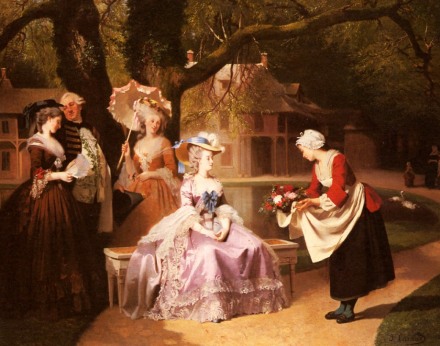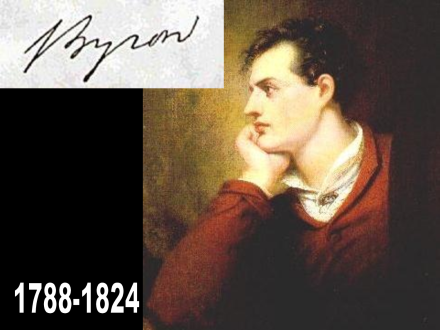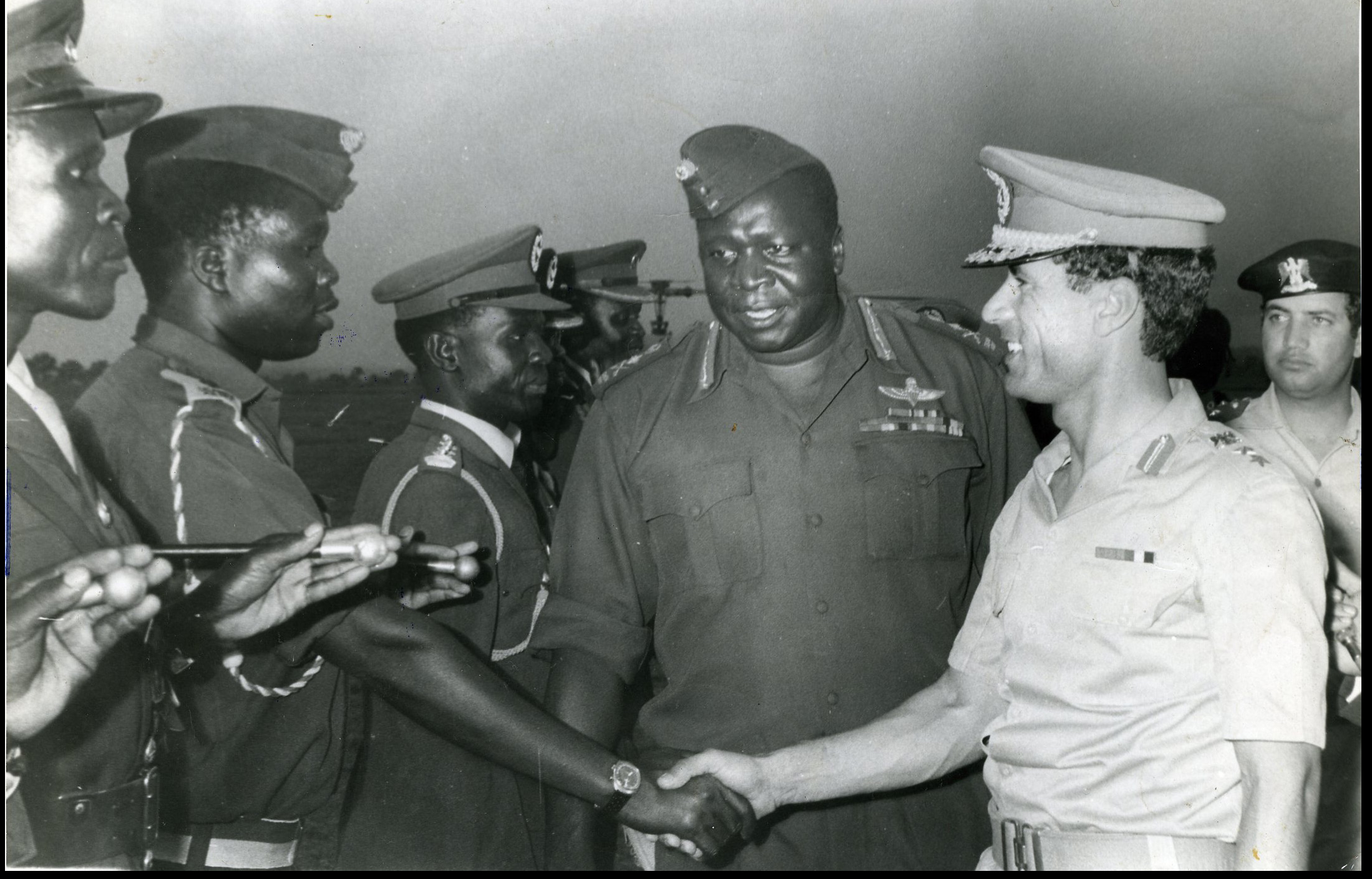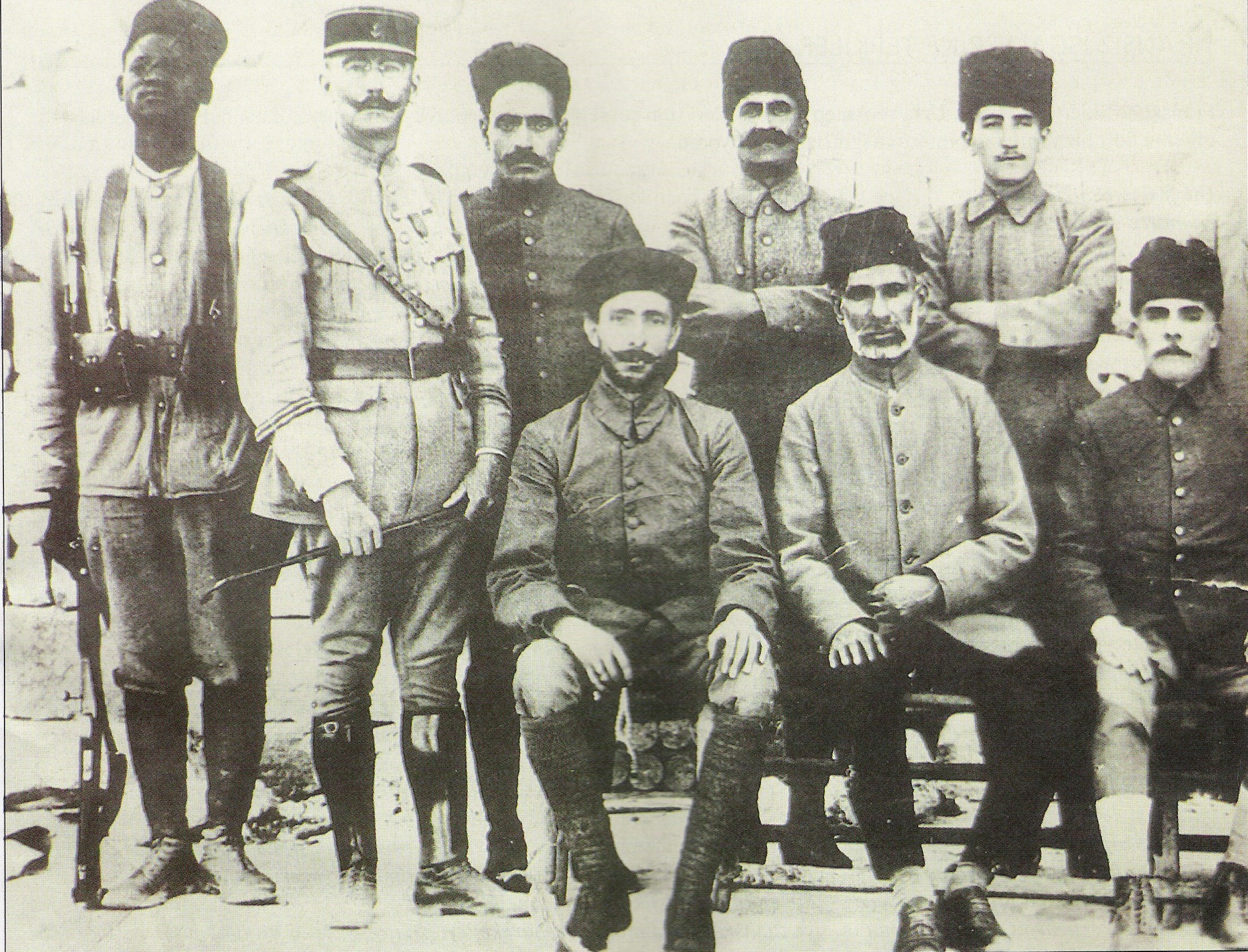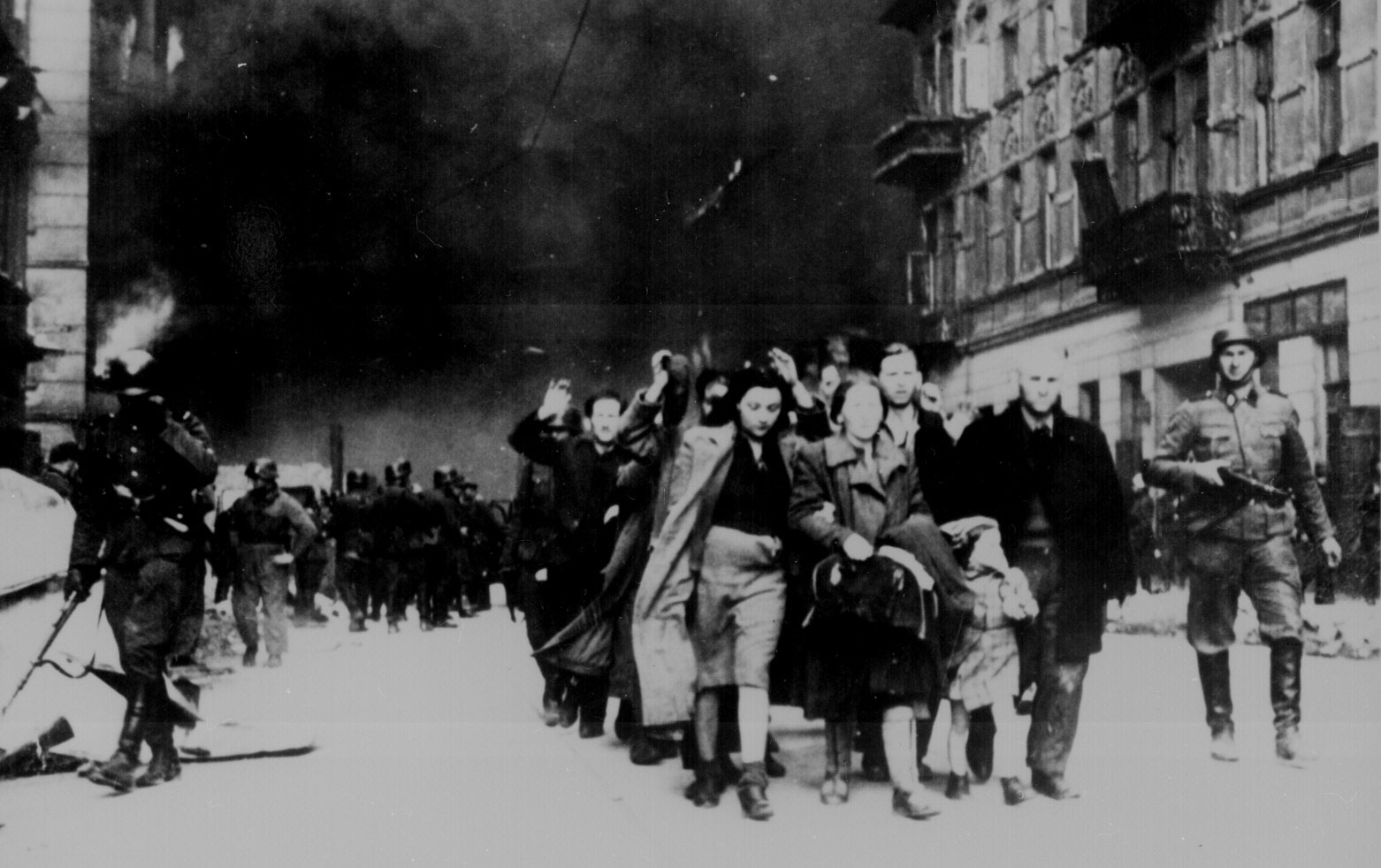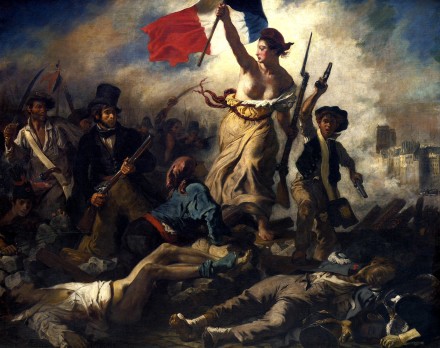
“A Critical Examination of Christianity in Beowulf” (by Xenia Stoll)
Beowulf is a heroic elegiac poem, which appears to be a summary of Anglo-Saxon beliefs and ideals. Beowulf was written after pagan Anglo-Saxony was Christianized, however the Pagan lifestyle, the concept and belief was still existing in the daily life … Continue reading
